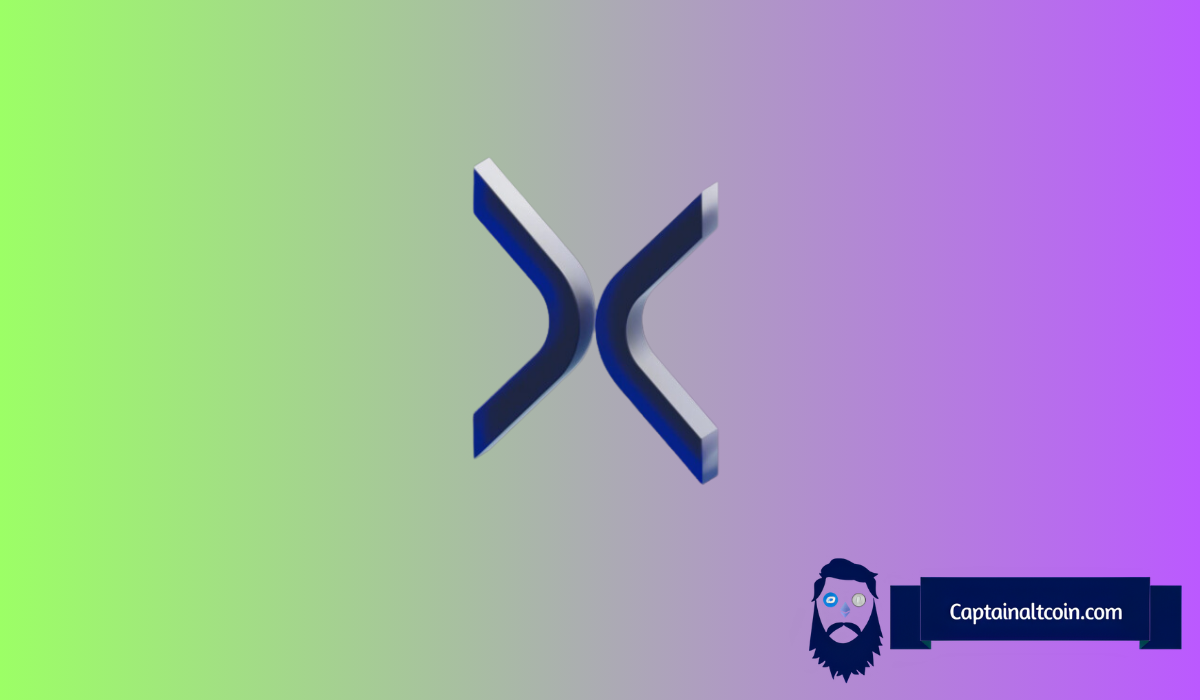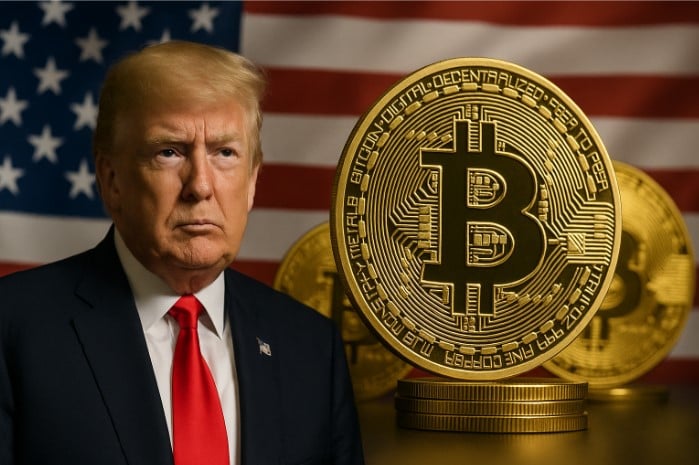ADC Coalition: Is it a New Kind of Politics for a New Nigeria?

Nigeria’s political space has long been shaped by two dominant forces, the All Progressives Congress (APC) and the Peoples Democratic Party (PDP). Between them, power has changed hands, but for many citizens, meaningful change remains out of reach. In recent months, however, a new political conversation has begun, centered around the African Democratic Congress (ADC) and its growing coalition. The question many Nigerians are now asking is simple: is this just another alliance, or the beginning of a new kind of politics for a new Nigeria?
The ADC coalition is forming at a time when public frustration is at an all-time high. Across the country, the cost of living has soared. Basic necessities such as food, fuel, and housing are slipping out of reach for millions. A bag of rice now sells for ?70,000. A litre of petrol costs around ?935. Incomes have not kept pace, and for many, daily survival has become a struggle. This crisis has exposed deep failures in governance and weakened public trust in the political system.
In response, the ADC is presenting itself as a fresh alternative — not just a party, but a movement for rebuilding Nigeria from the ground up. Unlike many past coalitions, which were often centered on power-sharing deals or short-term political gains, this one is being pitched as a gathering of like-minded people who want to lead with purpose. Social media, especially Twitter, has become the primary space for mobilizing and shaping this message. Hashtags like #ItsADC and #CoalitionForChange are gaining attention, and many supporters are describing the movement as a “hurricane of hope.”
Register for Tekedia Mini-MBA edition 18 (Sep 15 – Dec 6, 2025) today for early bird discounts. Do annual for access to Blucera.com.
Tekedia AI in Business Masterclass opens registrations.
Join Tekedia Capital Syndicate and co-invest in great global startups.
Register to become a better CEO or Director with Tekedia CEO & Director Program.
Exhibit 1: Public interest between July 1 and July 6, 2025

One of the most notable aspects of this coalition is the diversity of those joining. Former PDP leaders like Atiku Abubakar, respected figures from APC like El-Rufai, and reform-driven personalities such as Peter Obi are all being associated with this movement. Youth leaders and civil society voices are also showing support. The idea is not simply to merge old names under a new party but to bring fresh thinking and shared values into one platform.
This coming together of past political rivals may raise eyebrows, and rightly so. Many Nigerians are wary of recycled politicians changing parties without changing their approach. But the ADC coalition seems to be trying to turn this skepticism into an opportunity. Its message consistently highlights unity, respect, and shared responsibility. In one widely shared tweet, a member urged followers: “We do not need to fight, insult, or attack anyone. When others resort to abuse or threats, we will respond with ideas.” That kind of language, focused on decency and solutions, is rare in Nigeria’s often aggressive political culture.
The coalition also places strong emphasis on real-life issues rather than political theatre. It speaks directly to the pain Nigerians are feeling. It acknowledges that citizens are tired of promises and are looking for honest leadership that actually listens and delivers. The message is not about one man or woman fixing everything, but about many people coming together to take responsibility for their country.
So, is this truly a new kind of politics?
The answer will depend on whether the coalition can stay focused and united. Nigeria has seen political partnerships rise quickly and collapse just as fast when egos and interests take over. The ADC will need to avoid those pitfalls if it hopes to earn the trust of a skeptical public. It will need to show that it is not just a reaction to APC or PDP, but a well-thought-out path to something better.
Politically, the ADC is gaining ground in areas like the South-West and the Middle Belt, regions known for their political engagement and appetite for reform. While the APC and PDP still have strongholds, the rise of a credible third force could reshape the way Nigerians vote — especially if younger and first-time voters get involved.
In the end, the ADC coalition is tapping into something real. It reflects a growing hunger for a different kind of leadership. Whether or not it succeeds in 2027 or beyond, it is already reshaping the political conversation. It is reminding Nigerians that change doesn’t have to come from the same familiar places. It can come from unity, bold ideas, and a renewed belief that a better Nigeria is not just possible, it is necessary.




